

Menu
Triantafyllidis Research Group




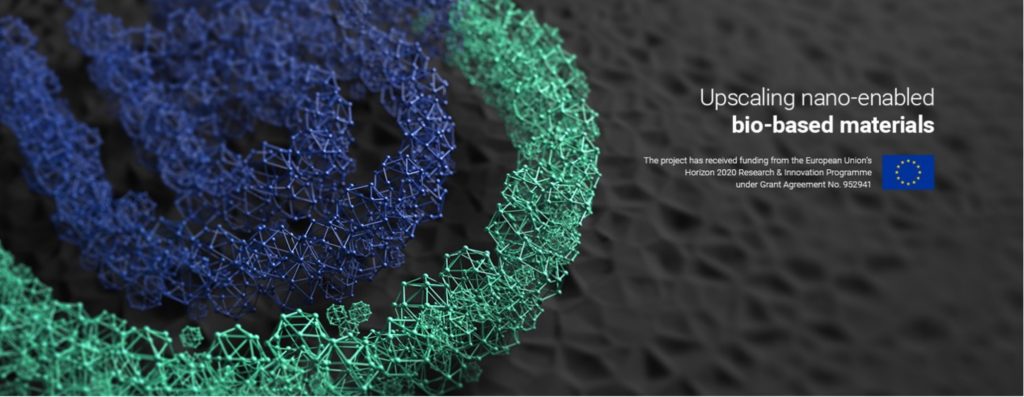
Biobased Nanomaterials and Polymer Nanocomposites for the European Circular
Bioeconomy (BIOMAC)
Coordinator
Aristotle University of Thessaloniki
Duration
Budget
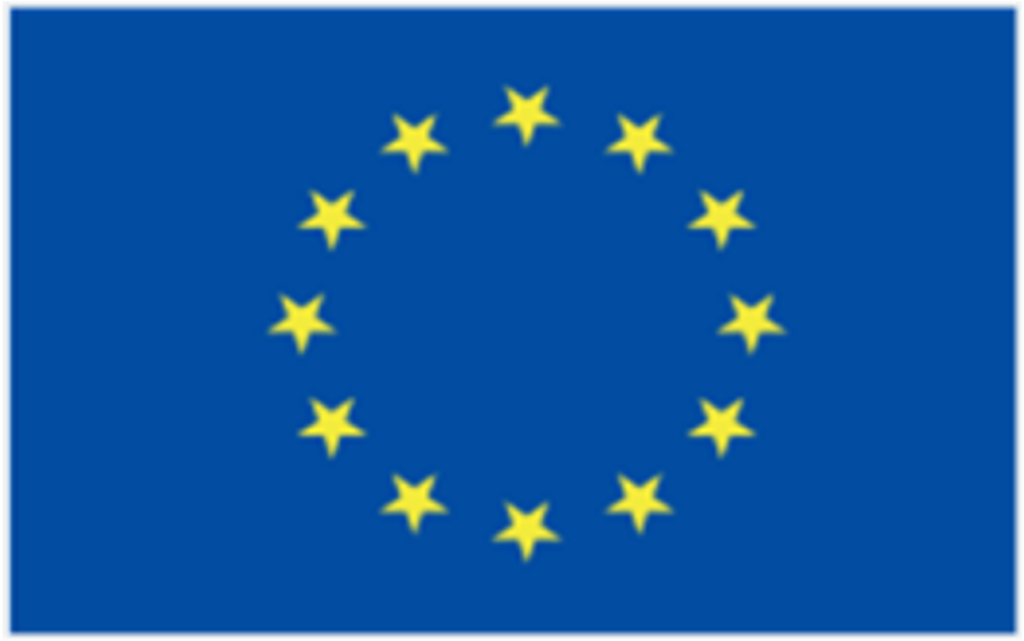
The project has received funding from the European Union’s Horizon 2020 Research and Innovation Programme under Grant Agreement No. 952941
BIOMAC (European Sustainable BIO-based nanoMAterials Community) is a Horizon2020 project that will establish an Open Innovation Test Bed (OITB), a true collaborative ecosystem where technologies and solutions utilising nano-enabled bio-based materials (NBMs) will be upscaled and prepared for market applications.
The BIOMAC Ecosystem will provide open access to its facilities (17 Pilot Lines) and complementary services required for the development, testing and upscaling of materials and products in the field of nano-enabled bio-based products and materials. The Pilots Lines of BIOMAC cover the whole value chain, from biomass fractionation and intermediate chemicals to final NBMs.
After the validation of the BIOMAC ecosystem through 5 internal test cases (TeCs) in the fields of automotive, agricultural, food packaging, construction and printed electronics industries, an open call for expression of interest for stakeholders will be launched, inviting 5 more intra TeCs to assess the OITB. BIOMAC will function as an one-stop-shop accecible at fair conditions and costs through a single entry point, represented by ΙΒΒ Netzwerk.
The ambition of BIOMAC is to boost and sustain innovation in the field of European bio-economy industries, by reducing the time-to-market of novel nanotechnologies, thus reducing cost and risks.
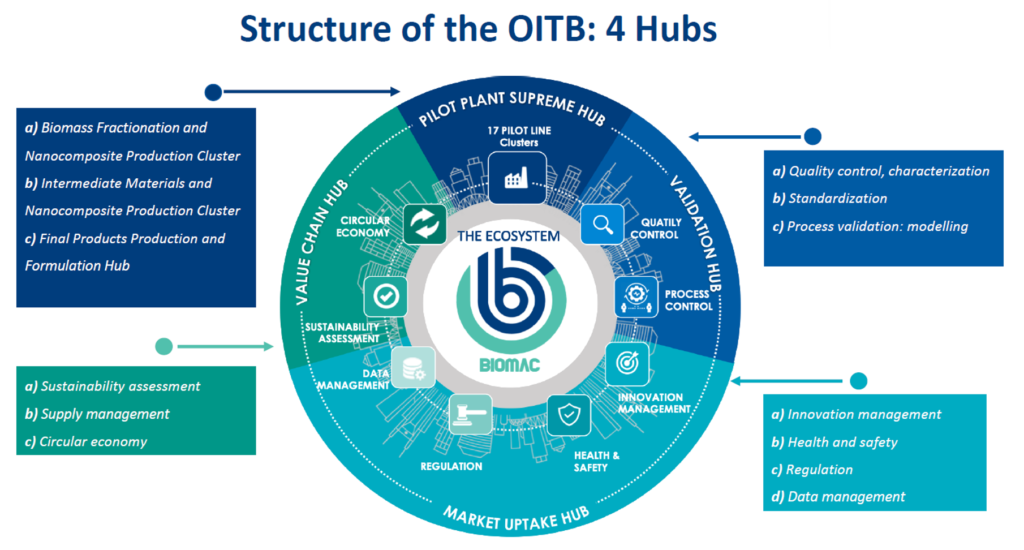
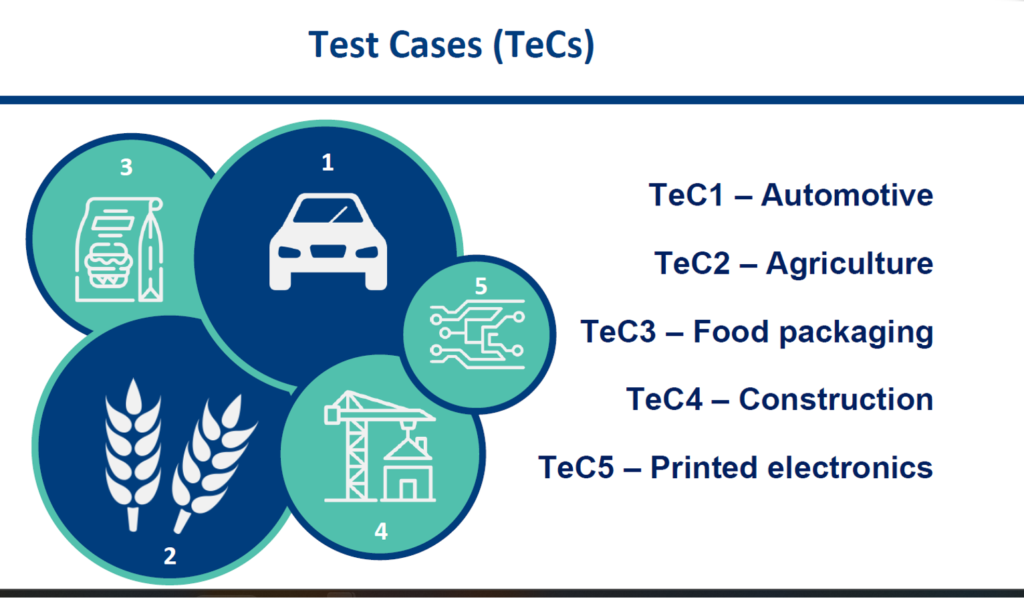
Role & Involvement of AUTH
AUTH will be the coordinator of the project (Prof. Dimitrios Bikiaris/Coordinator, Dr. Zoe Terzopoulou/Project Coordination Team Member, Prof. Konstantinos Triantafyllidis/Validation Technical Manager) and will be responsible for the communication with the European Commission.
Role our group – Pilot Line 3:
Our group will contribute with one of the 17 Pilot Lines, namely “PL3: Sugar derived polyols and diols by catalytic hydrogenation/hydrogenolysis”.
More specifically, AUTH’s PL3 will produce sugar alcohols (i.e. sorbitol) and smaller diols/glycols (i.e. EG, PG, 1,4-BDO) to be utilized for the synthesis of succinate based polyester and polyurethane resins for the Automotive, Agriculture and Printed Electronics Test Cases. Tailored home-made hydrogenation catalysts as well as advanced analytics will be also an important element of PL3.
Contact: Kyriazis Rekos, rekoskyriazis@yahoo.gr; Konstantinos Triantafyllidis, ktrianta@chem.auth.gr
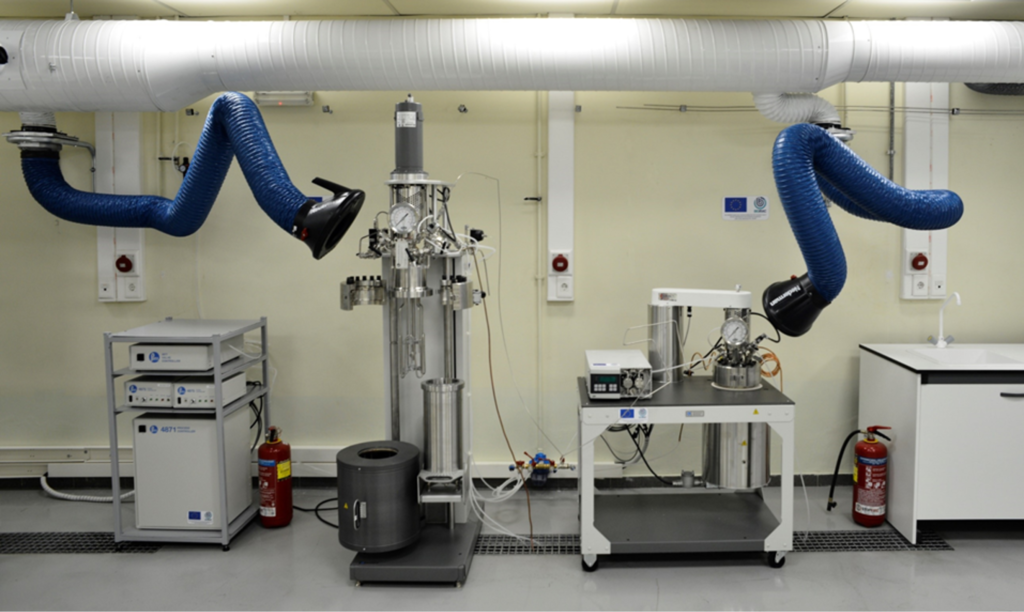
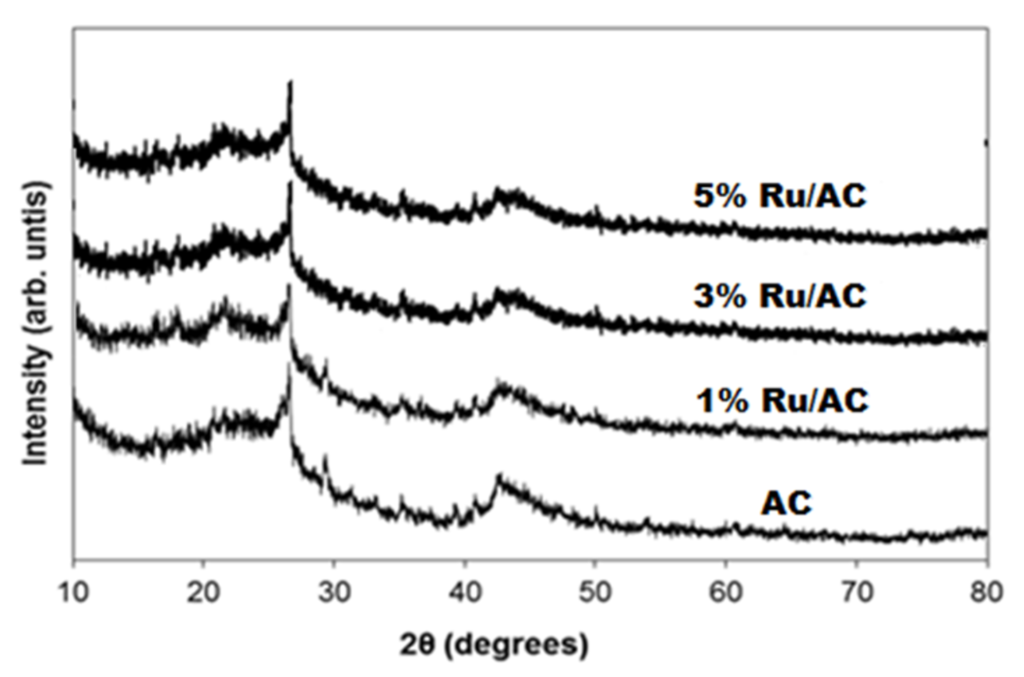
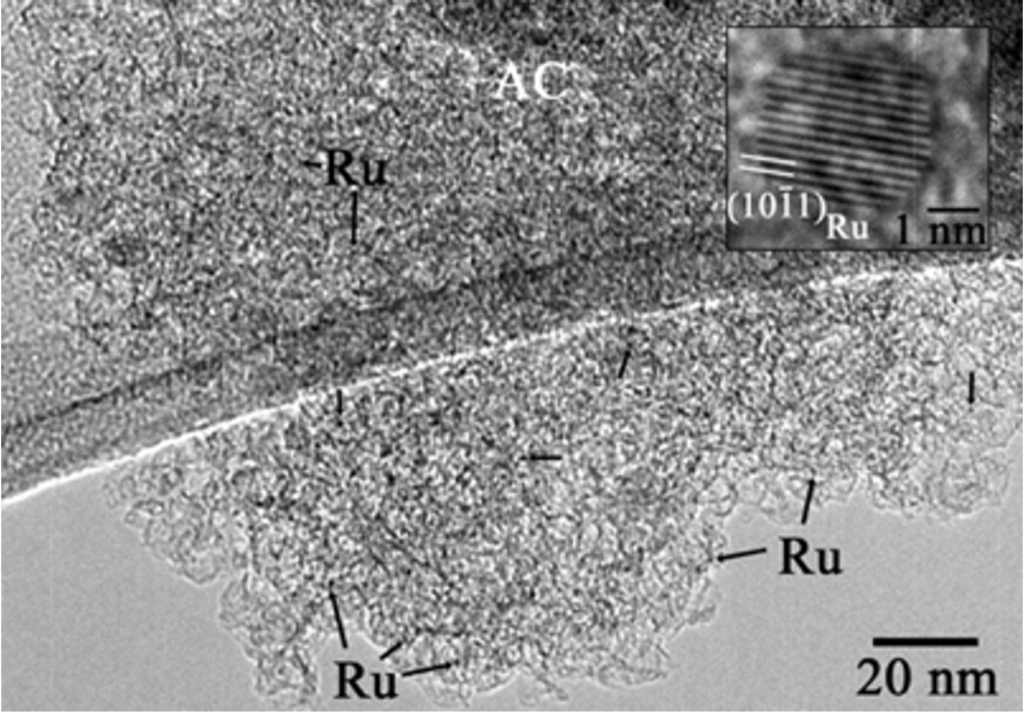
Partners
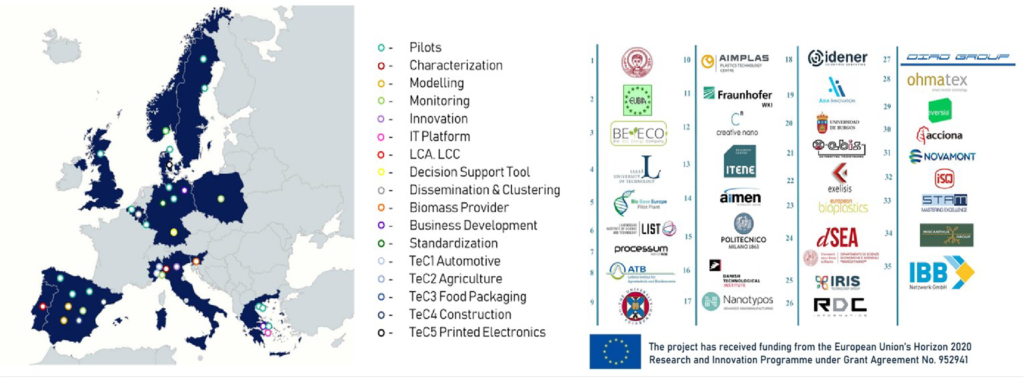
Follow the project on social media